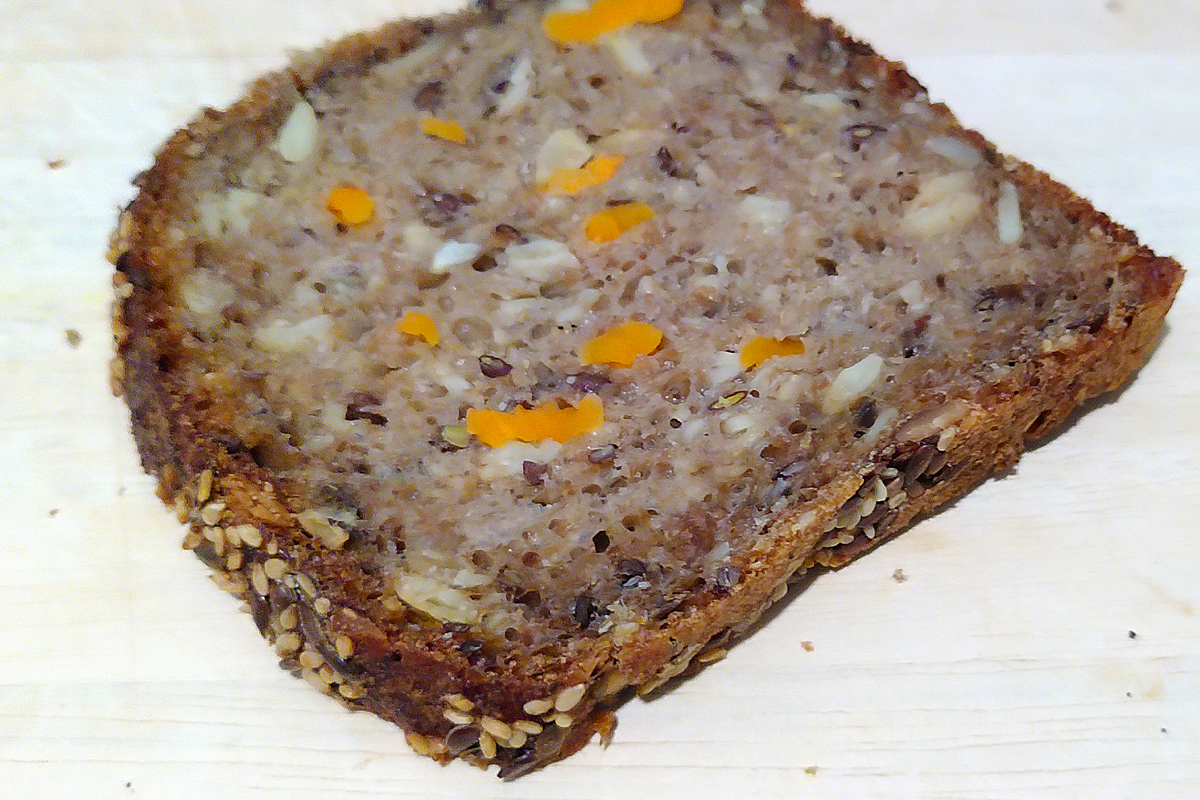
Acrylamide
Technological minimisation strategies of acrylamide in bakery products with special vegetable ingredients
Acrylamide is considered carcinogenic and should therefore be avoided as far as possible. It is formed during the dry heating of carbohydrate-rich foods, especially starchy foods. Acrylamide is mainly formed during the reaction of the amino acid asparagine and reducing sugars such as glucose. Low water content and high temperature are favourable, which is particularly the case in the production of baked goods.
Acrylamide is also produced during the baking of special products that are refined with vegetable ingredients, such as baked goods with potatoes, carrots, olives, sunflower seeds and roasted onions. In Germany alone, about 100,000 tonnes of such products are produced, about two per cent of the total baked goods production. It is known that the special ingredients favour the formation of acrylamide compared to standard baked goods. Preliminary studies showed that these refined products significantly exceed the EU guideline values for acrylamide of 50 μg/kg for wheat bread and 100 μg/kg for non-wheat bread (Regulation (EU) 2017/2158).
The aim of this research project is to develop a successful strategy to minimise acrylamide in bakery products with special vegetable ingredients.
Important for SMEs
Speciality bakery products are of growing importance and offer small and medium-sized enterprises (SMEs) in particular the opportunity to position themselves in the market. The research results of this project enable these companies to maintain and expand their product portfolio without exceeding the established guideline values for acrylamide. Compliance with the guideline values is essential for the quality and safety of the goods, and is also a prerequisite for these products to be distributed by retailers.
The Institute for Food and Environmental Research (ILU) is participating in this project. The scientists are investigating the contents of starch, short-chain carbohydrates and free amino acids in the special ingredients and how these affect the formation of acrylamide. Similar tests are being carried out for the secondary plant substances. By regulating temperature and yeast fermentation, the ILU staff want to reduce the acrylamide content in baking experiments in a very practical way. In addition, the institute analyses how the special ingredients, for example carrot pieces and potato flakes, influence the acrylamide content. For example, it evaluates which substances migrate into the dough and to what degree.
Source for this text: Communication/project application FEI

PROJECT DURATION:
01.11.2021 bis 31.10.2023
PROJECT SPONSOR:
Federal Ministry for Economic Affairs and Climate Protection (BMWi) via (AiF)/(FEI)
GRANT-NUMBER-PN:
AiF 22209 BG
PROJECT MANAGER:
Alexander Voß (Dipl.-Ing)
PROJECT PARTNER:
University of Hohenheim, Technical University of Munich, Association of German Industrial Bakeries